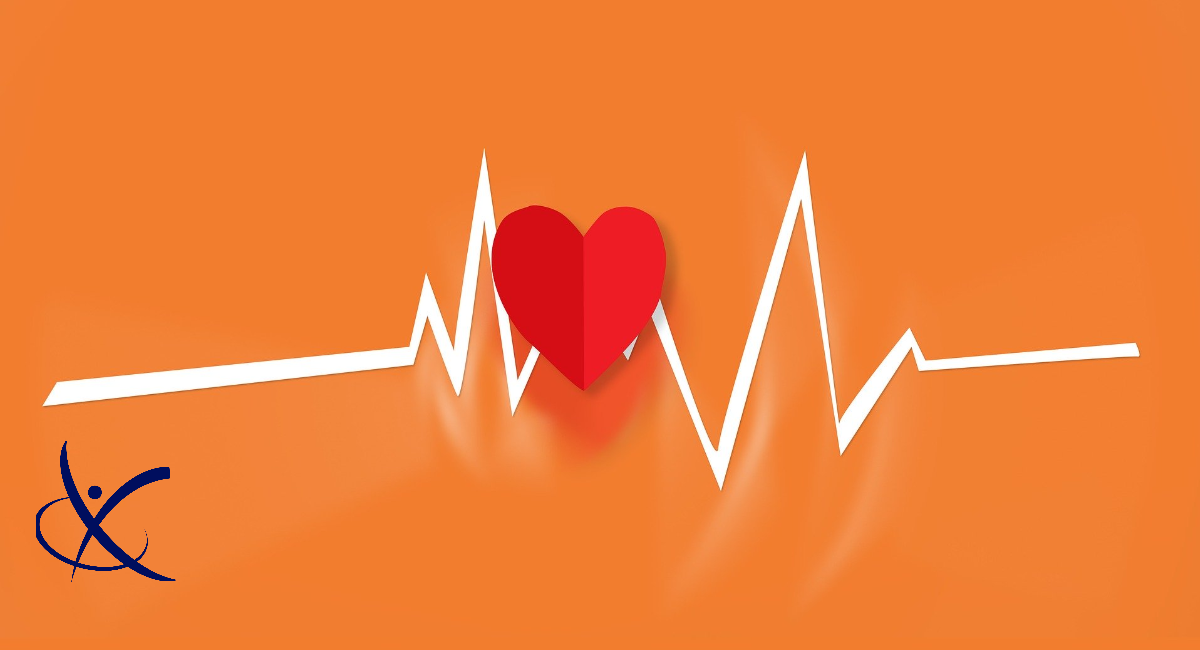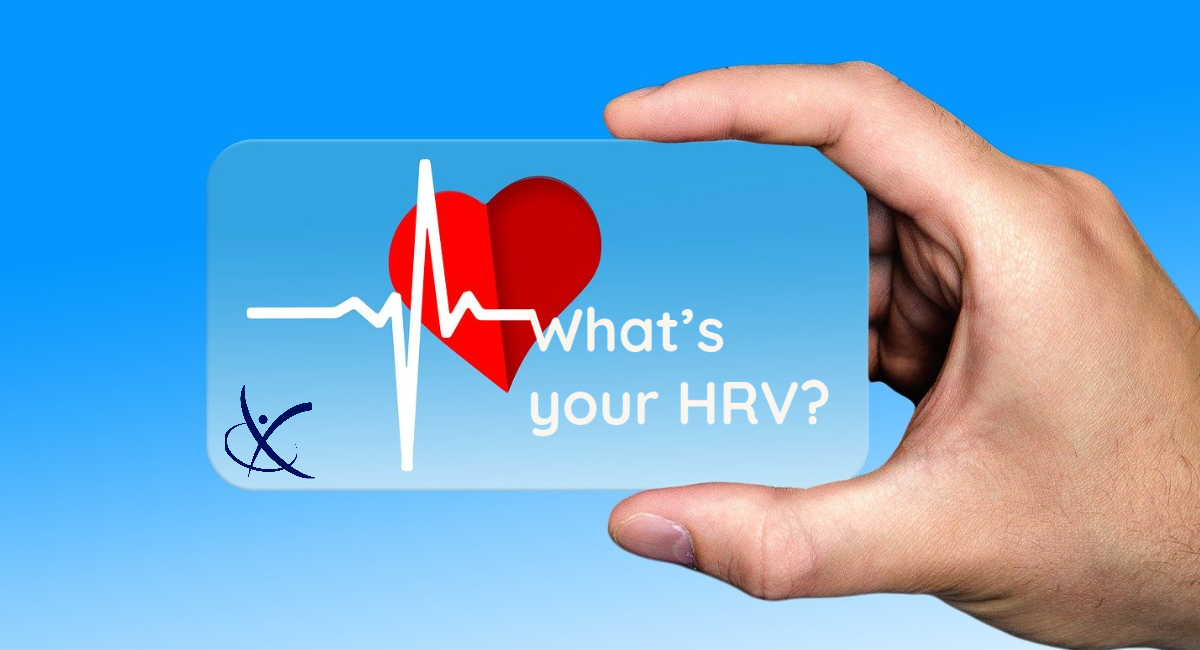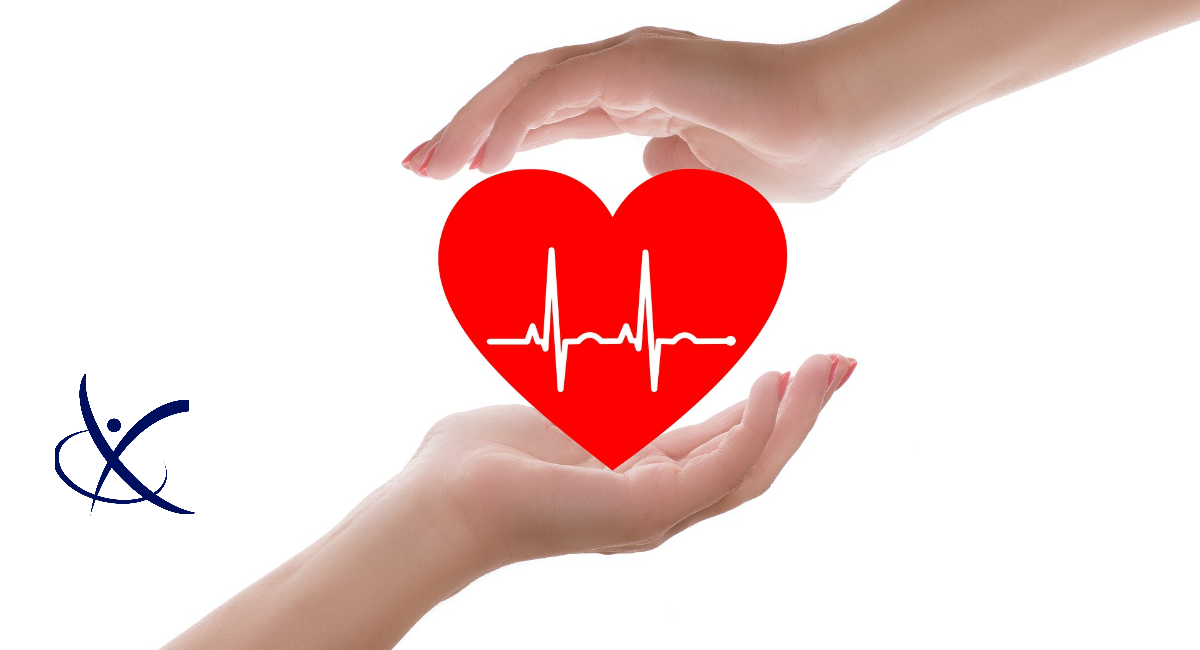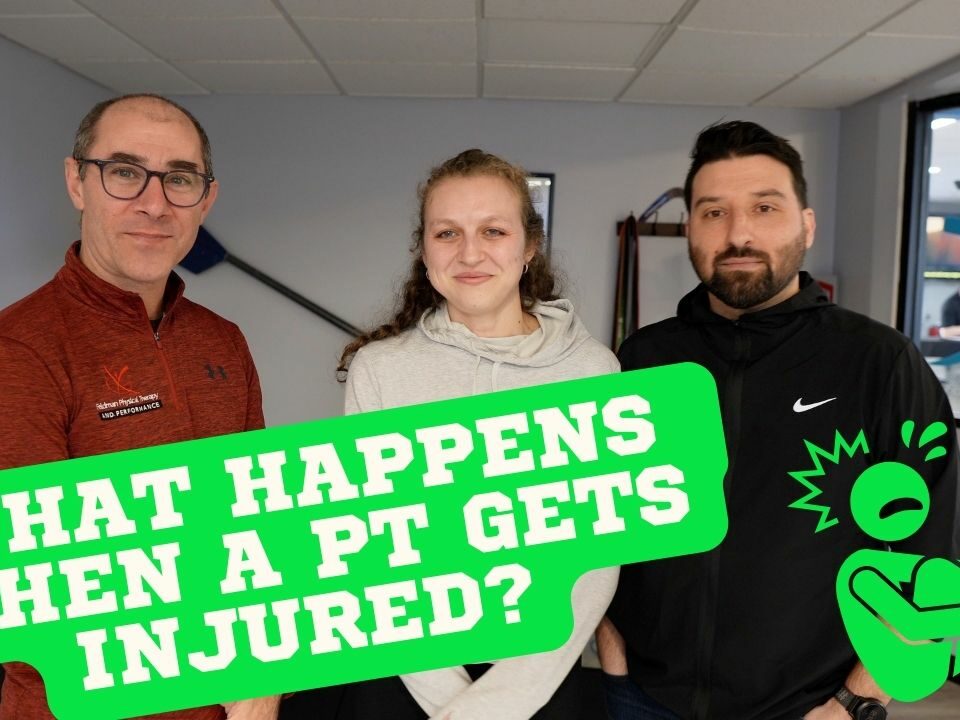
How Can Your Heart Rate predict if You’re Getting Sick?
August 9, 2020
How to Assess Your Health In Real-Time
August 23, 2020How Our Heart Rate at Rest and During Recovery Tells A Story
Using Resting Heart Rate and Heart Rate Recovery to Monitor Our Health
 We have been talking a lot about how monitoring different health metrics can help determine overall fitness, but also predict illness. In our last blog post, John explained how to monitor your own heart rate and respiratory rate and determine possible red flags in your basic exercise response! If you didn’t have a chance to check it out, do so here.
We have been talking a lot about how monitoring different health metrics can help determine overall fitness, but also predict illness. In our last blog post, John explained how to monitor your own heart rate and respiratory rate and determine possible red flags in your basic exercise response! If you didn’t have a chance to check it out, do so here.
In this post, we are going to address two more variables that are important to understand in relation to your health and wellness, Resting Heart Rate (RHR) and Heart Rate Recovery (HRR). These two emphasize our bodies’ long-term responses to exercise & stress, and in science, have been shown to be predictors of illness & possible heart complications throughout the lifespan.
Resting Heart Rate
When we are relaxed, with minimal stress, our heart remains in a “resting” state, although it is still pumping and fueling our bodies appropriately. The rate at which our heart beats in a state of relative normalcy is termed our Resting Heart Rate (RHR). Our resting heart rate is measured just as the name implies- at rest. Science says that the most reliable and true measure of our resting heart rate is to be taken while sleeping (I thank my Garmin for doing this) or first thing in the morning when rising from sleep (definitely before your caffeine fix). This is because our heart is in its truest rested form.
A resting heart rate is termed “normal” when ranging from 60-100 beats per minute. An athlete or more active individual may have a resting heart rate as low as 40 BPM! So, what does a lower resting heart rate typically mean? It usually signifies that our heart is strong and efficient. It indicates that our heart muscle is working systematically and that it does not have to over-work as hard to maintain a steady beat when not under stress (sidebar here- sometimes, an extra-low resting heart rate should be examined by a cardiologist just to rule out any adverse causes).
Exercise can help improve resting heart rate if done appropriately. However, some things to note: overtraining, illness, lack of sleep and significant stress can negatively impact RHR. So, what are some possible red flags when observing and monitoring our resting heart rate?
- An elevated resting heart rate, > 90-100 BPM has been shown to be a predictor of abnormal cardiovascular function and risk for heart attack.
- Also abnormal, are randomized spikes in resting heart rate without any extenuating circumstances (increased stressors, exercise, illness, etc).
- If you are overtraining, you may note increased fatigue, decreased sleep quality, and guess what, an increase in your overnight resting heart rate! (SLOW IT DOWN, folks!)
- A study performed by J Karjalainen, showed that while febrile, a group of 27 individuals experienced an increase in their RHR by 8.5 BPM for every 1 degree Celsius in temperature increase. So, if you notice a change in your RHR, maybe you have some type of ailment occurring!
If you are monitoring your RHR and notice a randomized increase, maybe it should be an indicator to check your temperature or visit your physician. It could be due to an acute infectious process. Just one thought on how RHR can help monitor your health!
Heart Rate Recovery (HRR)
We all know that exercise will elevate our heart rate, responding to the needs of our bodies. Typically, a more conditioned individual may see a lesser heart rate increase than someone who is deconditioned. However, do you ever think about how fast your heart rate recovers from activity?
Heart rate recovery has been found to be a powerful tool in predicting cardiovascular insufficiencies that can ultimately lead to heart disease and mortality. So, what is it exactly? It is a measure of how quickly your heart rate decreases after you stop exercising. It is typically measured one, two, and three minutes after exercise. So, what is considered normal and abnormal?
The maximum reduction in heart rate should occur within the first several minutes of exercise cessation. Research states that in healthy individuals, heart rate should decrease between 15-20 beats per minute within the first minute post-exercise. In elite athletes, HRR during the first minute may decrease as much as 23 beats per minute. If your heart rate recovery is under 12 beats per minute post activity, it is recommended that you seek a cardiovascular examination as this is an indicator of cardiovascular disease and the chance of fatal complications. Your heart rate should continue to incrementally decrease minute by minute post-activity!
Heart Rate Recovery has been found to be a reliable tool in predicting cardiovascular health when related to sex, age, obesity, and in individuals with high blood pressure and diabetes. As a rule of thumb, the faster your heart rate decreases post-exercise, the better your cardiovascular fitness. HRR can improve with exercise as our heart becomes stronger and more efficient and our regulatory systems learn new patterns; however, over-training may impede these processes and prevent improvements (this is definitely something to note!). Also, as with many other heart rate variables, things such as medications (e.g. Beta-Blockers), nicotine, stress, and illness can alter HRR values.
Paying close attention to things like RHR and HRR are good prevention tools to not only monitor your overall fitness but the risk for future illness and cardiovascular disease. With modern technology such as wearable devices (Garmin, Apple, Suunto, Polar, FitBit, etc.) at our disposal, why are we not actively tracking these things? Also, it’s not all that hard using a stopwatch and taking our pulse either ?!
Let us stay ahead of the curve, stay healthy, and monitor our risk factors. As always, if you have any further questions regarding this topic, go ahead and shoot us a message!

Ashley Witson, PT, DPT





5 Comments
“An elevated resting heart rate, > 90-100 BPM has been shown to be a predictor of abnormal cardiovascular function and risk for heart attack.”
Why not just say “resting heart rate > 100 BPM?”
Without a doubt, thanks for reading
I’m still not totally clear on this. If I do a recovery HR test where I do an exercise for 3 minutes until I reach my target HR then stop and check my recovery rate, it is pretty good. However, if I am doing a more prolonged exercise, where I keep my HR at 75%-85% for half an hour, then it comes down much slower when I’m done. Is this normal?
yup that is totally normal
The main thing is taking on a solid way of life. Standard activity, even an energetic stroll for as long as 20 minutes daily can enormously work on your way of life. Lessening feelings of anxiety at work and staying away from unhealthy food can be points of support against the rising gamble of a cardiovascular failure.